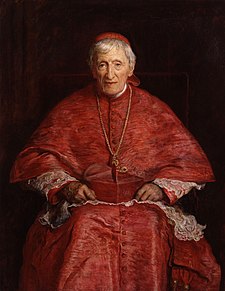Further to
the blurb for 26th Sunday in Ordinary Time I would like to add that, although
the Eucharist is efficacious for the forgiveness of venial or minor sins,
Catholics, to be in good conscience, are required to repent of serious or grave
sins before receiving Holy Communion:
Canon 916 A person who is conscious of
grave sin is not to celebrate Mass or receive the body of the Lord without
previous sacramental confession unless there is a grave reason and there is no
opportunity to confess; in this case the person is to remember the obligation
to make an act of perfect contrition which includes the resolution of
confessing as soon as possible.
The holiness
of the Eucharist demands our love and respect. This applies to every aspect of
our activity within the church building: comportment, language, clothing,
bowing or genuflecting to the tabernacle, conversation, attitude to others,
fasting before Mass, consideration of others, control of children, etc. That
society as a whole is less respectful and more casual is no excuse for Catholics
to be lax in their behaviour especially towards the Blessed Sacrament.


